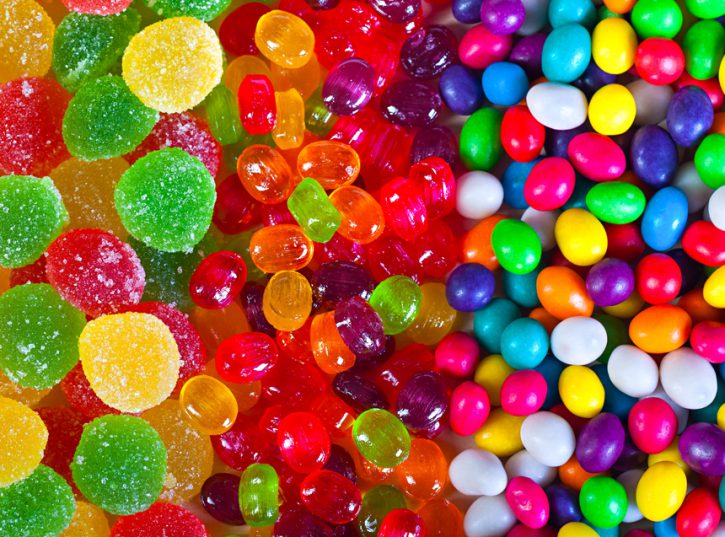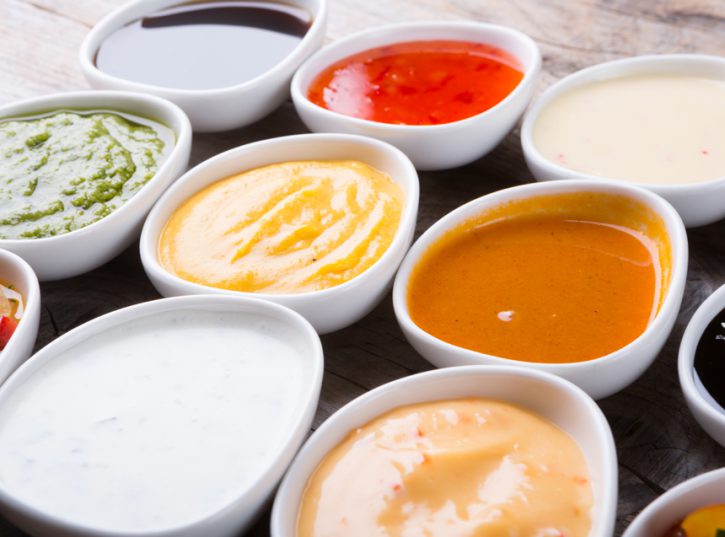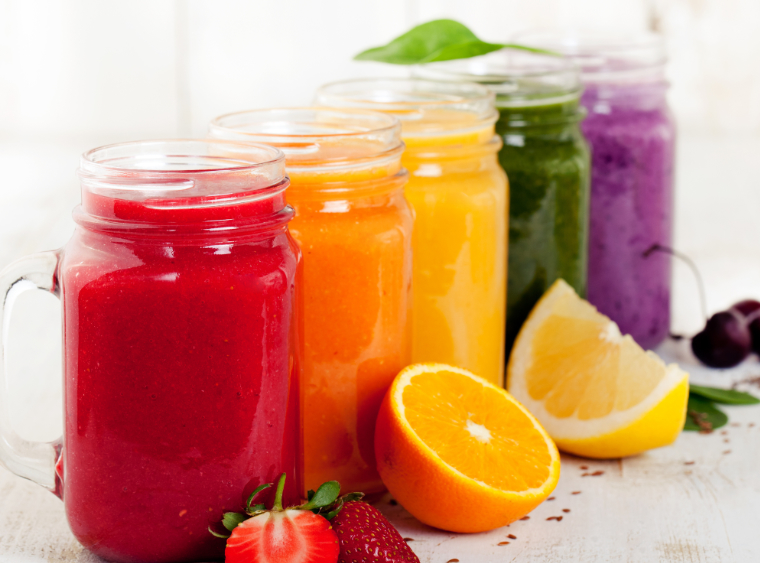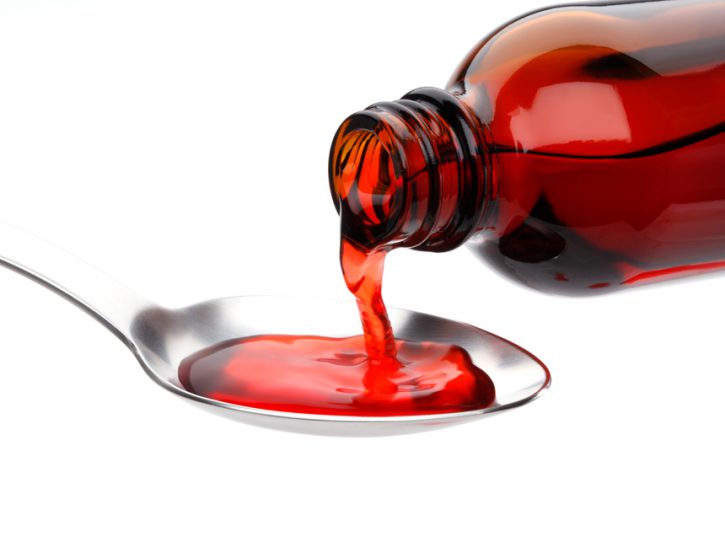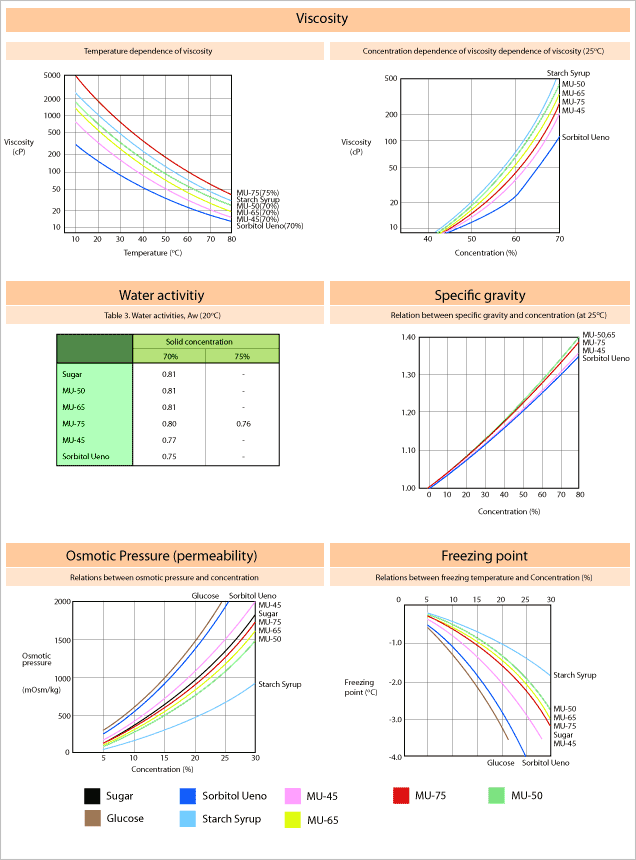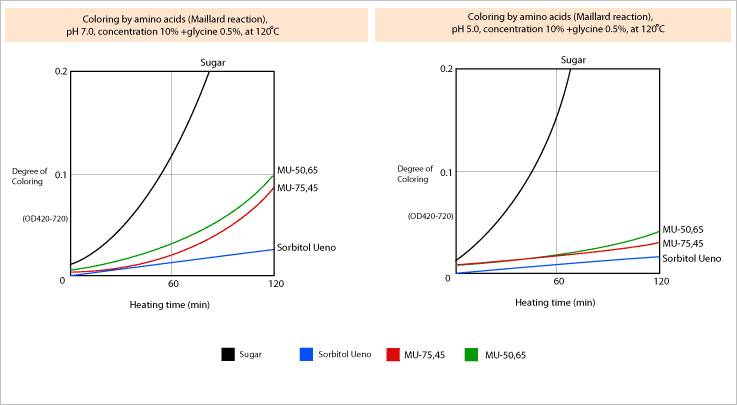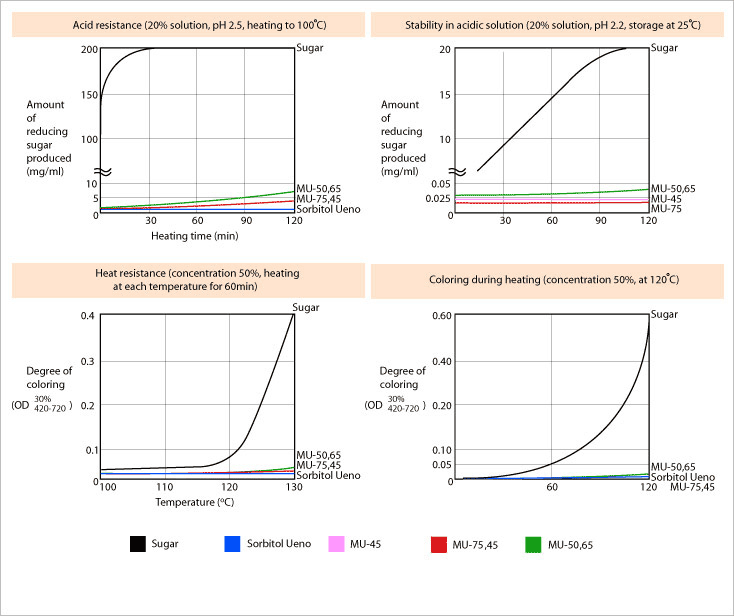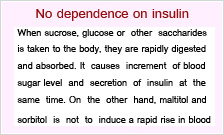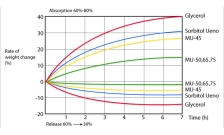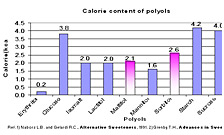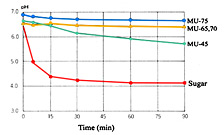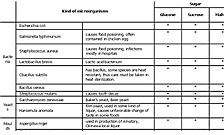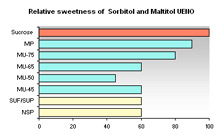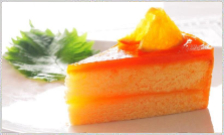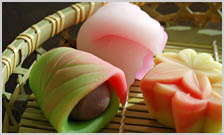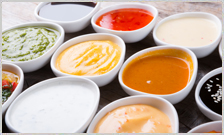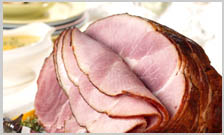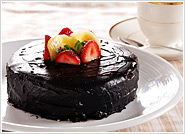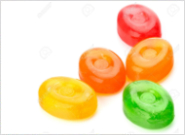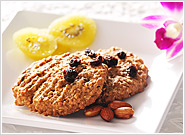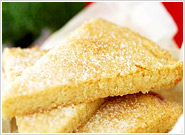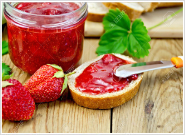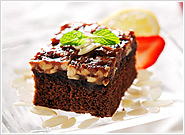Our sugar-substitute sweeteners are also beneficial for consumers who are diabetic, as it does not make rapid rise of blood glucose level (low GI).
UENO’s Sorbitol and Maltitol products are available both in powder and syrup forms.
The products are used for many kinds of foods such as confectionery and bakery, ham & sausages, seafood and seasoning sauces. It is also used for health care products.
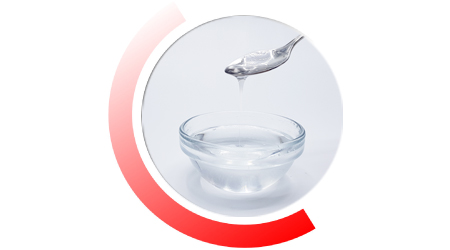
Application:
Suitable for oral care products and skincare products, such as toothpaste, mouthwash, soap, lotion. It is also used for foods such as confectionary and bakery products.
| Type | Size |
|---|---|
| Tin Can | 22 kg |
| Steel Drum | 250 kg |
| Plastic Drum | 275 kg |
| Intermediate Bulk Container (IBC) | 1,300 kg |
| Tank Container | 15 ton |
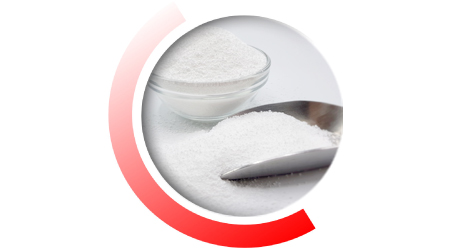
Application:
Suitable for frozen fish paste (Surimi) and lozenges.
| Type | Size |
|---|---|
| Paper Bag (with Inner PE Bag) | 20 kg |
| Paper Bag (with Inner PE Bag) | 25 kg |
| Jumbo Bag | 750 kg |
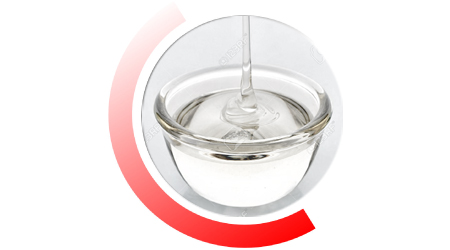
Application:
- To maintain the condition of proteins in frozen or dried food products.
- To adjust the viscosity of sauces.
- To substitute sugar in confectionary and bakery products and beverages.
| Type | Size |
|---|---|
| Tin Can | 22 kg |
| Steel Drum | 250 kg |
| Plastic Drum | 275 kg |
| Intermediate Bulk Container (IBC) | 1,300 kg |
| Tank Container | 15 ton |
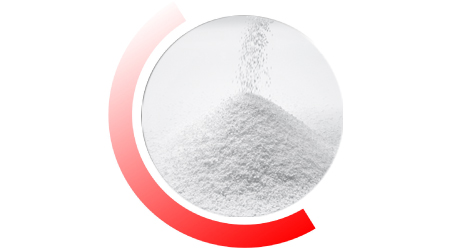
Application:
Suitable for confectionary and bakery products, ice-cream and powdered beverages etc.
| Type | Size |
|---|---|
| Paper Bag (with Inner PE Bag) | 20 kg |
| Carton Box (with Inner PE Bag) | 20 kg |
| Kcal/g | Sweetness | |
|---|---|---|
| Sorbitol | 2.6 | 60% |
| Maltitol | 2.1 | 80% |
| Sugar | 4.0 | 100% |
- Provide calories less than sugar.
- Slowly absorbed into the body. The rapid rise in blood glucose and the insulin level are prevented.
- It is hard to be utilized by microbes and less likely to cause tooth decay.




